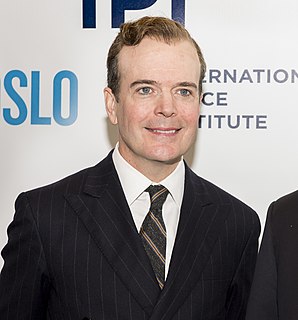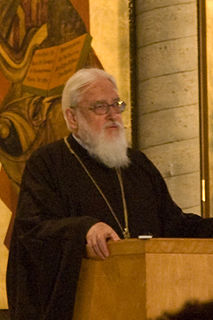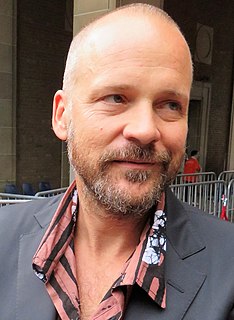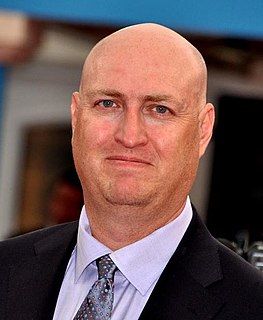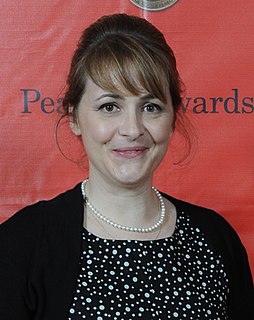A Quote by Jefferson Mays
It's such a rare and rewarding thing to be in control of space and time for two hours a night, to go through a journey and take the audience along. There's nothing quite like it.
Related Quotes
Four hours of makeup, and then an hour to take it off. It's tiring. I go in, I get picked up at two-thirty in the morning, I get there at three. I wait four hours, go through it, ready to work at seven, work all day long for twelve hours, and get it taken off for an hours, go home and go to sleep, and do the same thing again.
The problem comes up because we ask the question in the wrong way. We supposed that solids were one thing and space quite another, or just nothing whatever. Then it appeared that space was no mere nothing, because solids couldn't do without it. But the mistake in the beginning was to think of solids and space as two different things, instead of as two aspects of the same thing. The point is that they are different but inseparable, like the front end and the rear end of a cat. Cut them apart, and the cat dies.
I have had the accomplishment of something like this at heart ever since I was a boy.... So I feel tonight like the man who is lodging happily in the inn which lies half way along the journey and that in time, with a fresh impulse, we shall go the rest of the journey and sleep at the journey's end like men with a quiet conscience.
The training kicked in and we quickly went through our emergency procedures, I took manual control and I got the spacecraft under control and stopped about 50 meters from the space station. So, the net effect of the failure was that we were actually turning and speeding up towards the space station when we should have been slowing down, so it was quite a dangerous situation. But we got manual control, performed the first manual docking to the station at night. The training pays off. It was just automatic. We had our books out already, we went right to the right procedures and executed them.
I always think it's better to take your time and go through a lot of ideas - and dismiss a lot of ideas - before figuring out where to land. It's a good way to care for your audience, too. If you spend hours and hours and days and weeks coming up with the ending, then there's a chance the fans won't figure it out on their own.
The encouraging thing is that every time you meet a situation, though you may think at the time it is an impossibility and you go through the tortures of the damned, once you have met it and lived through it you find that forever after you are freer than you ever were before. . . . You gain strength, courage, and confidence by every experience in which you really stop to look fear in the face. You are able to say to yourself, “I lived through this horror. I can take the next thing that comes along.
The way the housing market imploded is obviously not an easy thing to explain. It's a little bit easier in a book - people can take their time, you can sort of go back and reread - but in a movie you've got two hours to not only explain things like collateralized debt obligations, but you also have to make it entertaining.
